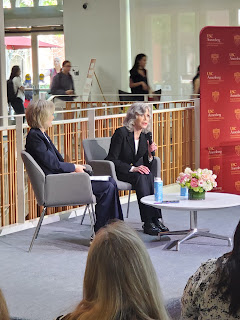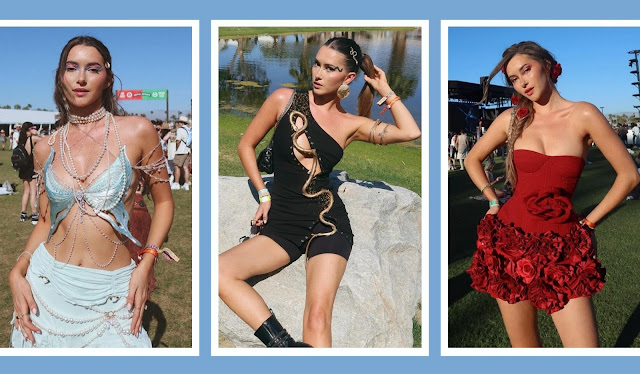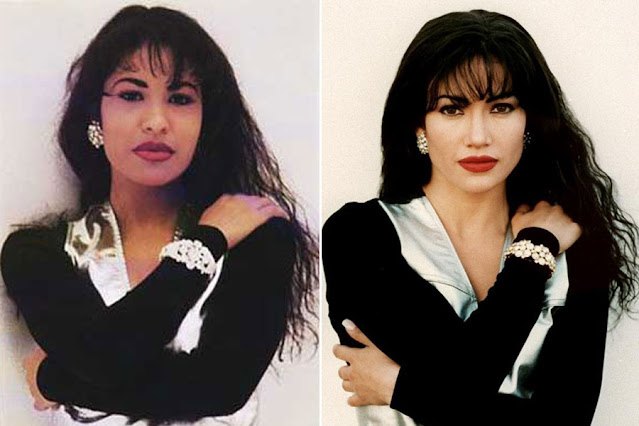Pau Brunet – Supplementat Post #5
For my last supplemental response to this wonderful class, I just wanted to discuss something we did not have time for while discussing influencers in the new social media era. As Zoe Glatt pointed out in her article, I cannot think about social media and influencers without thinking about precarity. I know we go fast to some celebrities who expose images of success and richness, but I have a hard time believing that. While there are cases of some influencers who, out of the blue, achieved popularity that allowed them to be economically successful, this is not true for the vast majority. From a critical perspective, influencers have become cheap advertisements for larger groups. If we leave the big names aside, most influencers struggle to reach brands, fight for the right content, and invest much time in producing and spreading their content. And the economic returns are quite limited on many occasions. To be a good influencer is to know how to balance that publ...


